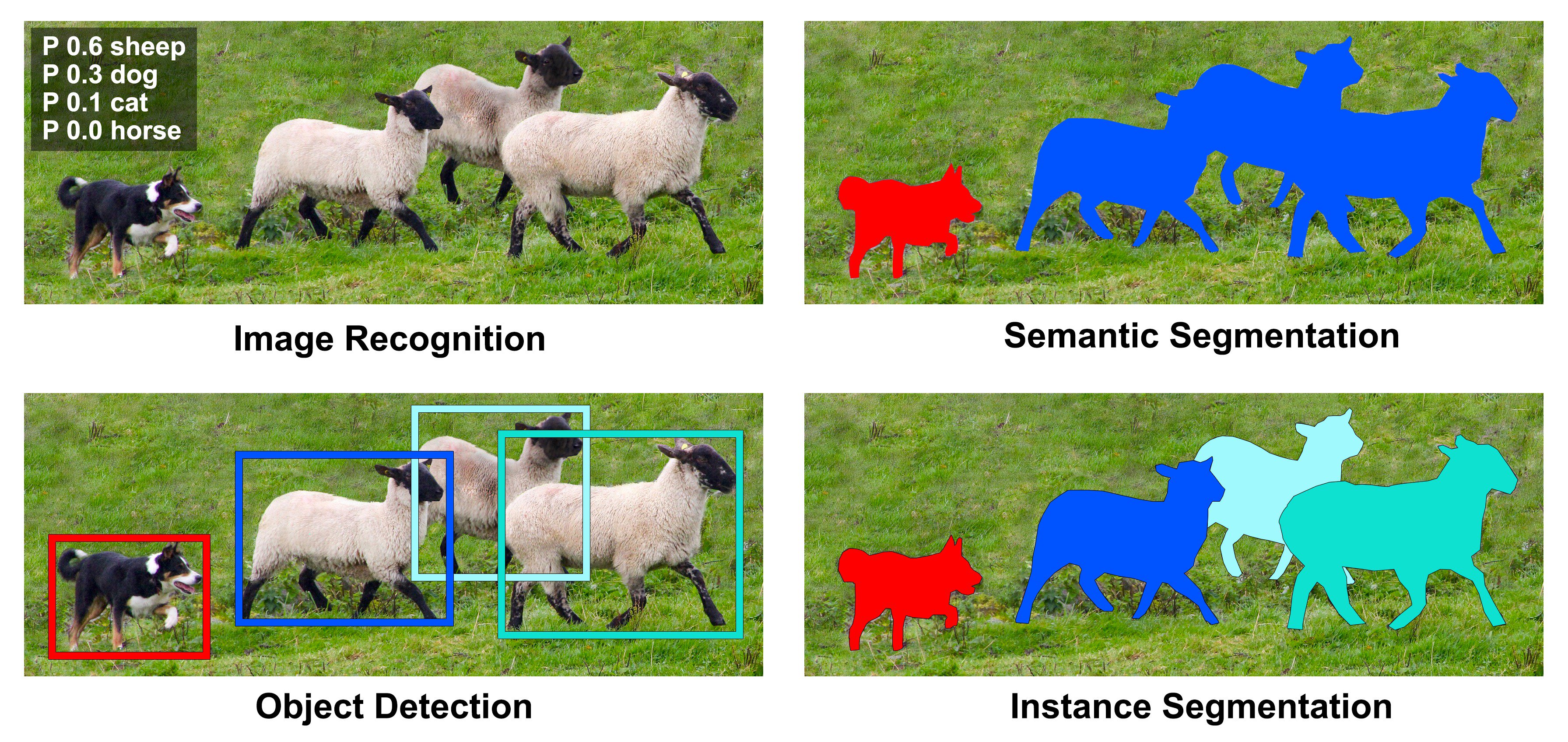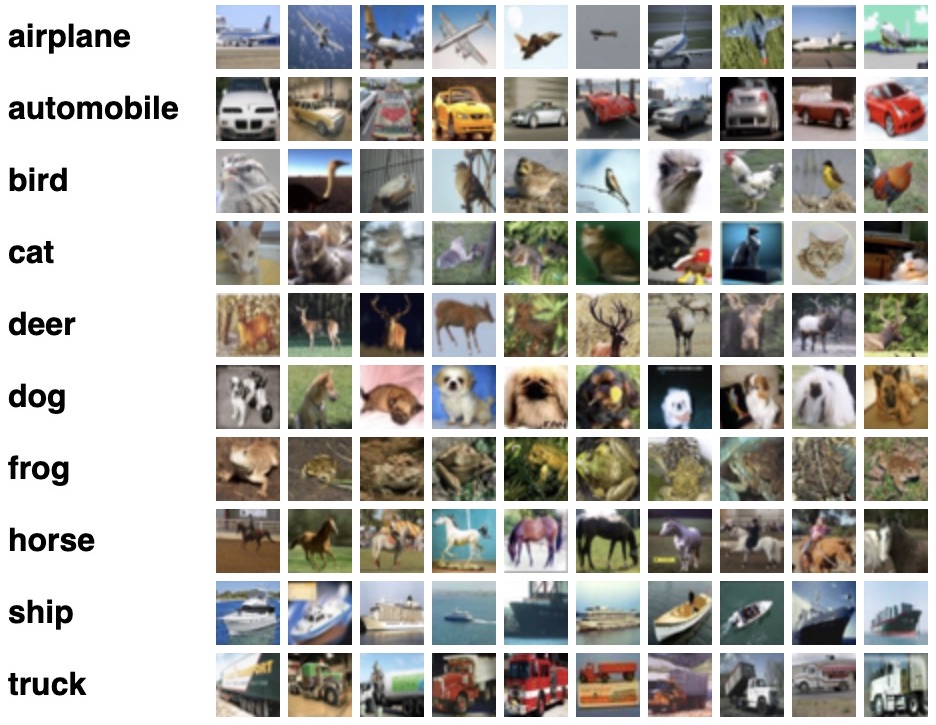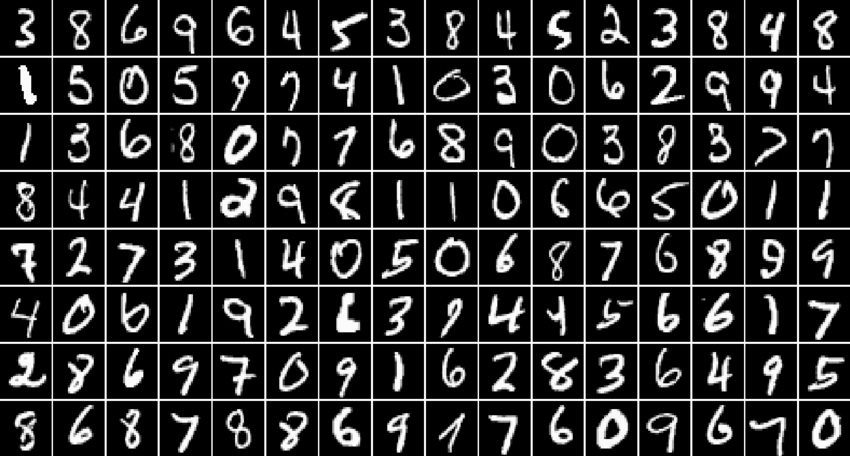All Projects

Computer Vision Course Project: 'Object Detection, Semantic Segmentation, and Instance Segmentation' - Scored 97%
Date: February 28, 2023
-
Practical Deep Learning Application: Utilized PyTorch to develop a tailored deep neural network for detecting planes in high-definition satellite images.
-
Informed Architecture Refinement: Conducted thorough research on architectures, strategically refining a selected baseline configuration.
-
Iterative Performance Enhancement: Employed an iterative development process, fine-tuning the framework based on research insights and hands-on experimentation.
-
Top 10% Accuracy Achievement: Attained top 10% class placement by optimizing the framework, showcasing proficiency in deep neural network training using PyTorch for computer vision tasks.

Computer Vision Course Project: 'Deep Learning by PyTorch' - Scored 93%
Date: January 31, 2023
-
Practical Deep Learning Mastery: Gained hands-on experience in designing and training deep convolutional neural networks using PyTorch.
-
Baseline Enhancement: Elevated professor’s baseline architecture for precise image classification across 100 categories.
-
Iterative Architecture Refinement: Employed an iterative approach, adapting and honing the baseline for optimal image classification performance.
-
Top 10% Class Ranking: Achieved exceptional results, securing a top 10% class ranking for accuracy and proving expertise in PyTorch-based deep neural network design and training.

Computer Vision Course Project: 'Digit recognition with convolutional neural networks' - Scored 93%
Date: January 17, 2023
-
MNIST CNN for Character Recognition: Create a convolutional neural network (CNN) to perform numeric character recognition using the MNIST dataset.
-
Architecture and Function Overview: Implement a CNN for character recognition, with architectural insights provided. Additional details available at http://cs231n.stanford.edu.
-
Independent Problem Solving: Embrace the challenge by researching online resources and reverse-engineering template code for coding solutions in MATLAB.
-
Distinct Layer Types: Construct a CNN with four distinct layer types, enhancing the model’s capability for character recognition.

Ninja Dash
Date: July 30, 2019
-
Captivating Multiplayer Arena Game: Developed Ninja-Dash, a gripping multiplayer arena fighting game using Node.js and Phaser.io.
-
Immersive Gameplay Elements: Engage in thrilling battles from a bird’s eye view, utilizing WASD keys for movement, spacebar for dashing, and mouse click for weapon attacks.
-
Dynamic Challenges and Interactions: Strategically compete for kills and survival, navigating through diverse obstacles and real-time weather changes from the OpenWeatherMap API.
-
Expert Team Collaboration: Leveraged Node.js and Phaser.io to expertly integrate 2D graphics, controls, and gameplay mechanics, resulting in a visually appealing and responsive environment.
Note: Due to Heroku policy updates, the site on which Ninja-dash project is hosted is no longer available.